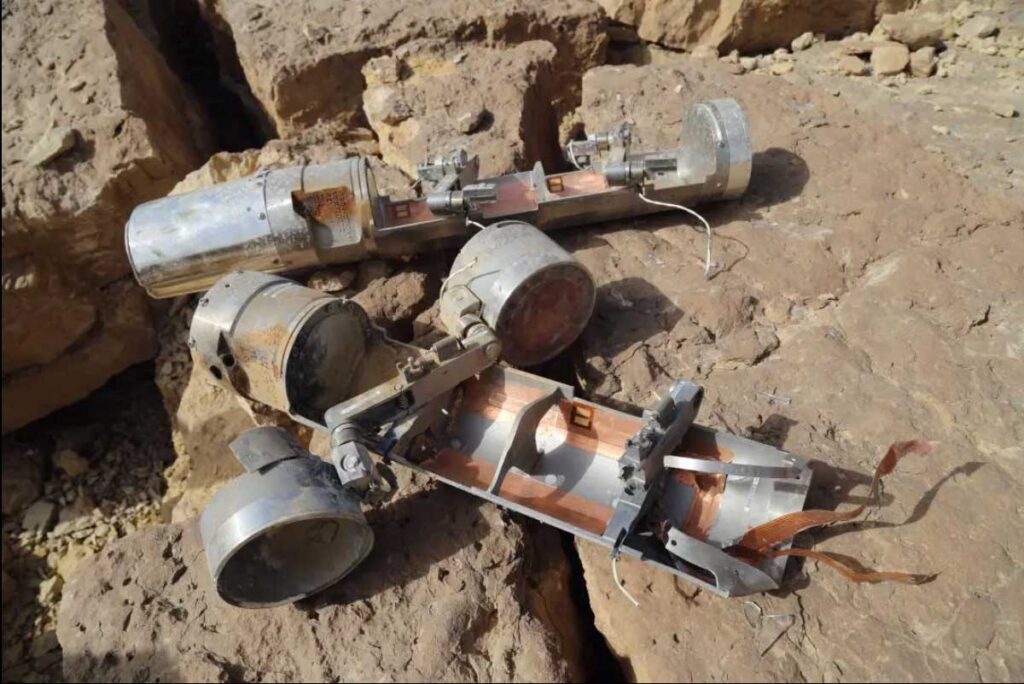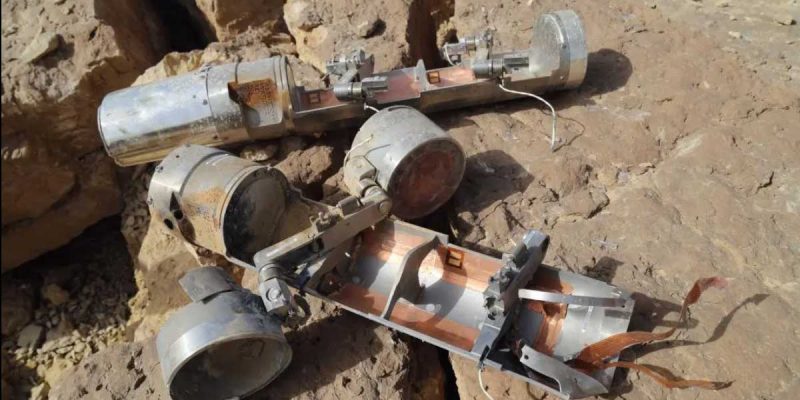It has been alleged that cluster munitions were dropped in Sanaa, the capital of Yemen, early on January 6, by Saudi-led coalition forces. According to the Human Rights Watch report, the areas affected were residential neighbourhoods and the targeting of civilians during conflict is a breach of international law.

© 2015 Ole Solvang/Human Rights Watch
Cluster munitions are indiscriminate and such attacks have been deemed to show intent to harm civilians. UN Secretary-General Ban Ki-Moon has said this recent use of cluster bombs may be a ‘war crime’. The coalition has forcefully denied their use.
Saudi Arabia and the other member states of the coalition have not signed the 2008 Convention on Cluster Munitions, which bans the use of these exceedingly harmful weapons. Cluster bombs kill civilians during the attacks, but also many years after fighting has ended. Unexploded bombs may remain in civilian areas and pose a threat to the lives of the innocent people who live and work nearby.
Human Rights Watch has identified the munitions as US-made, and has called on the United Nations to set up an independent, international inquiry into alleged war crimes carried out by all sides.
Steve Goose, Arms Director at HRW says, “It may have been 20 years since the US last provided these cluster munitions to the Saudis, but they are being used to kill civilians now. The US, as a party to the conflict, should be demanding that the coalition immediately stop using these weapons or risk becoming complicit in their use.”
While the international community should be praised for the quick response and wide condemnations of this incident in Sanaa, tragedies such as this are the reason that we must continue to seek universalisation of the Convention on Cluster Munitions.



